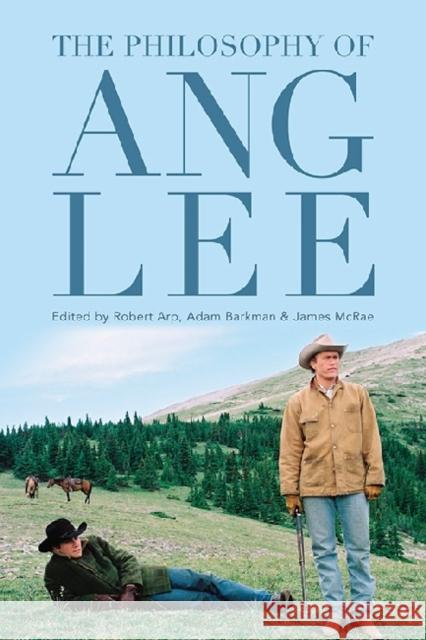The Philosophy of Ang Lee » książka
The Philosophy of Ang Lee
ISBN-13: 9780813141664 / Angielski / Twarda / 2013 / 312 str.
Ang Lee (b. 1954) has emerged as one of cinema's most versatile, critically acclaimed, and popular directors. Known for his ability to transcend cultural and stylistic boundaries, Lee has built a diverse oeuvre that includes films about culture clashes and globalisation (Eat Drink Man Woman, 1994, and The Wedding Banquet, 1993), a period drama (Sense and Sensibility, 1995), a martial arts epic (Crouching Tiger, Hidden Dragon, 2000), a comic book action movie (Hulk, 2003), and an American western (Brokeback Mountain, 2005). The Philosophy of Ang Lee draws from both Eastern and Western philosophical traditions to examine the director's works. The first section focuses on Taoist, Confucian, and Buddhist themes in his Chinese-language films, and the second examines Western philosophies in his English-language films; but the volume ultimately explores how Lee negotiates all of these traditions, strategically selecting from each in order to creatively address key issues. With interest in this filmmaker and his work increasing around the release of his 3-D magical adventure The Life of Pi (2012), The Philosophy of Ang Lee serves as a timely investigation of the ground-breaking auteur and the many complex philosophical themes that he explores through the medium of motion pictures.











